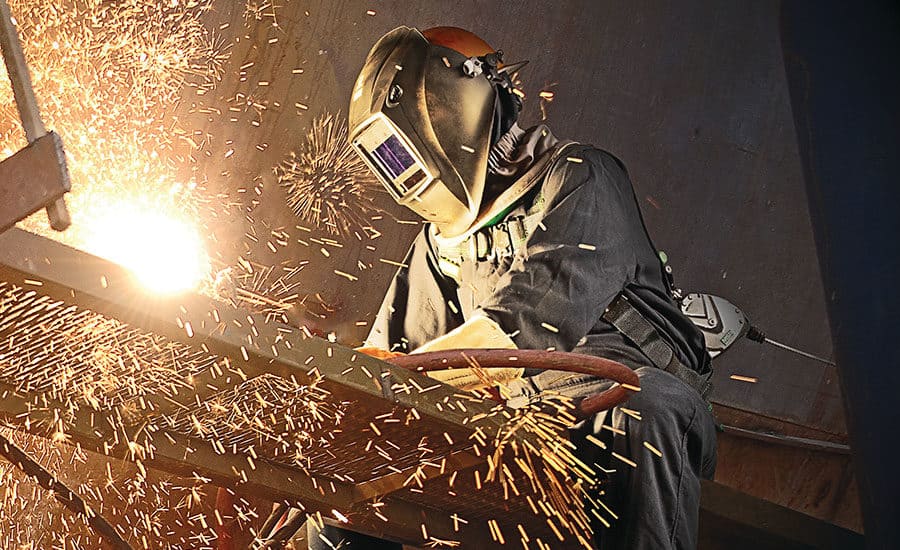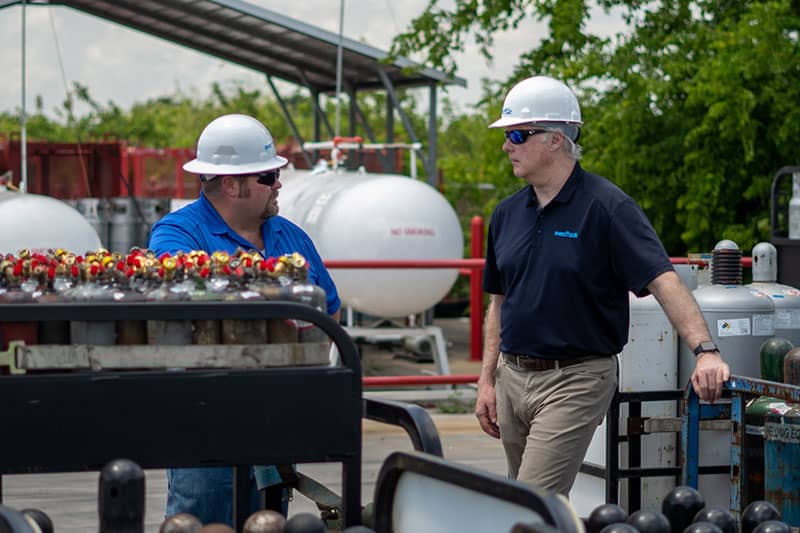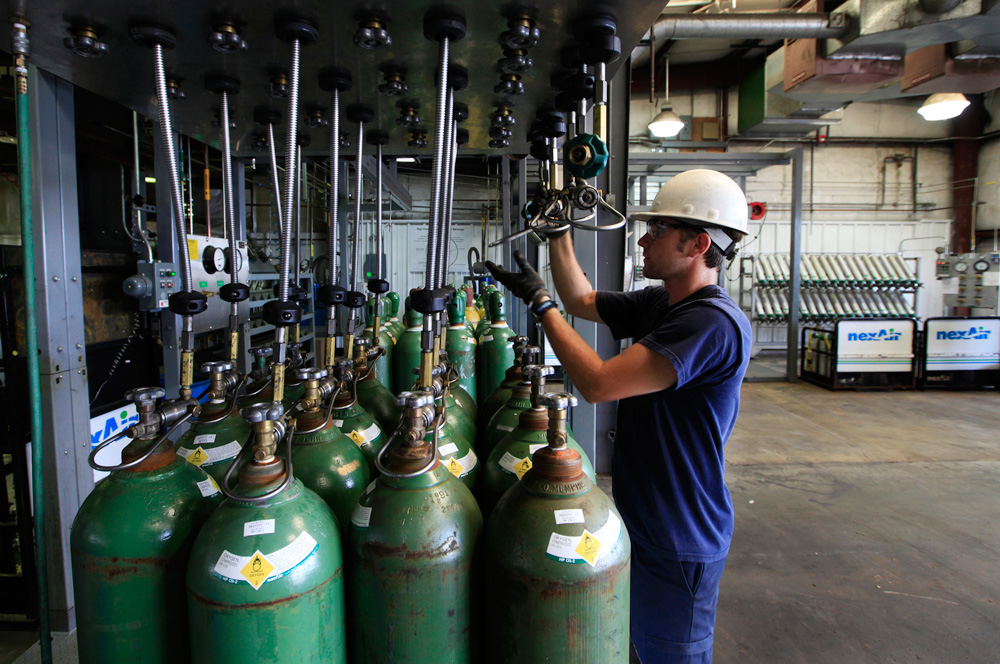Welding Automation in The Automotive Industry
Welding Automation in The Automotive Industry
Suppose you are looking for the best ways to improve the rate of developing outstanding automotive products, including reliable tools to get quality, high-ranked products. In that case, you should look no further than the nexAir team. They can help you Forge Forward, and coupled with the services of applied KnowHow alongside automation tools, the best result is assured!
Automation is globally accepted and implemented by numerous industries because it has proven to have a lot of added advantages over the years. Ranging from manufacturing industries or multitasking companies, the values and benefits of automation are vast and multifaceted.
Welding automation uses different types of robots to improve the operation of the manufacturing of welds, leading to consistent quality and an increase in production. Welding automation has helped take the automotive industry to a higher level; welding robots are now widespread in welding applications, like those used in welding large car body panels due to the presence of long arms and high workload capacity, automotive industries, and manufacturing plants.
Welding automation is the implementation of technology, in place of human labor, to improve efficiency, quality, delivery speeds, and precision, while reducing the high rate of error occurrence and inconsistencies that may occur while using the manual welding process.
Automotive industries comprise many companies that produce motor vehicles, including most parts such as bodies and engines. The automotive industry does not include industries associated with the manufacture of tires, fuel, batteries, and maintenance.
Why Should the Automotive Industry Implement Welding Automation?
Here are a few reasons why;
- Safety
The use of robots drastically increases safety in automotive workshops. They not only help to prevent humans from dangerous conditions, where they might be endangered to chemicals, burns, fumes, weld flash, excessive heat, and noise, but they can also help to protect humans, keeping them safe and healthy by reducing their chances of experiencing fatigue, stress, and tiredness attached to raising or twisting automotive equipment.
- Better Quality
Although human welders, who have worked over the years, are skilled, automation technology is more advanced hence very efficient. Robots are accurate in completing jobs faster and more consistently than human laborers, therefore meeting high standards of industries regardless of time constraints. Welding automation produces highly reliable welds carrying out work activities with consistent accuracy and quality and completing complex tasks, which makes them highly efficient.
- Reduced Cost
A lot of money goes into training welding technicians. Welding automation requires no training; this has helped numerous automotive companies save money and time. The welding robots do not need additional benefits such as sick days and salaries. The welding automation process is highly profitable and produces fewer waste materials, offering excellent quality welds made with fewer resources.
Welding automation is one of the best ways to enhance the quality of your welds while saving money in the process, increasing the safety of your workshops, and increasing productivity. To help your company Forge Forward and to boost the efficiency of your process by using quality gases for welding, you can contact nexAir; our experienced work team, using their KnowHow, is willing to show you how effective the use of welding automation can be for your automotive sector.
Looking out for your future
Get your career going on the right track with nexAir
Industry Knowledge and Expertise
Find out how nexAir KnowHow has impacted businesses all over the Southeast
nexAir in the news
Our expertise makes us more than a valuable partner, it makes us headlines
nexAir is always open!
Don't see what you're looking for?
Everything we offer is a click away and it will arrive before you know it.


